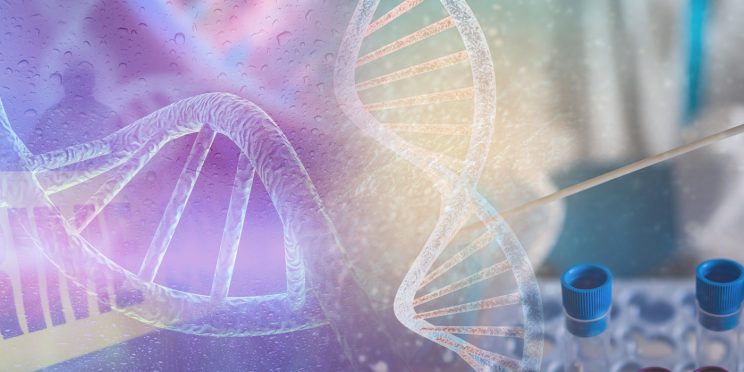Date
December 2016
Overview
This report describes the fundamentals of massively parallel sequencing (MPS) for the application to forensic analysis. Also included within this report is a comprehensive summary of the webinar series which discussed the strength of the technology and discusses key considerations for implementation.
Massively parallel sequencing (MPS), also called next-generation sequencing, is an exciting technology that holds promise for enhancing the capabilities of forensic DNA laboratories. However, several challenges confront the implementation of an MPS system in a crime laboratory. This report not only provides forensic DNA scientists with one comprehensive resource which covers the fundamentals of current platforms and chemistries, but it also summarizes a series of MPS related webinars hosted by the Forensic Technology Center of Excellence (FTCOE) in conjunction with the University of North Texas Health Science Center’s (UNTHSC) Institute of Applied Genetics. This work may be used as a guide to the derivation of policies and procedures that assist with implementation should an agency choose to adopt MPS technology for the analysis of forensic DNA samples.
Resources
For more information, check out the archived webinar series on massively parallel sequencing (MPS).
Funding for this Forensic Technology Center of Excellence report was provided by the National Institute of Justice, Office of Justice Programs, U.S. Department of Justice.
The opinions, findings, and conclusions or recommendations expressed in this report are those of the author(s) and do not necessarily reflect those of the U.S. Department of Justice.
Contact us at ForensicCOE@rti.org with any questions and subscribe to our newsletter for notifications.




